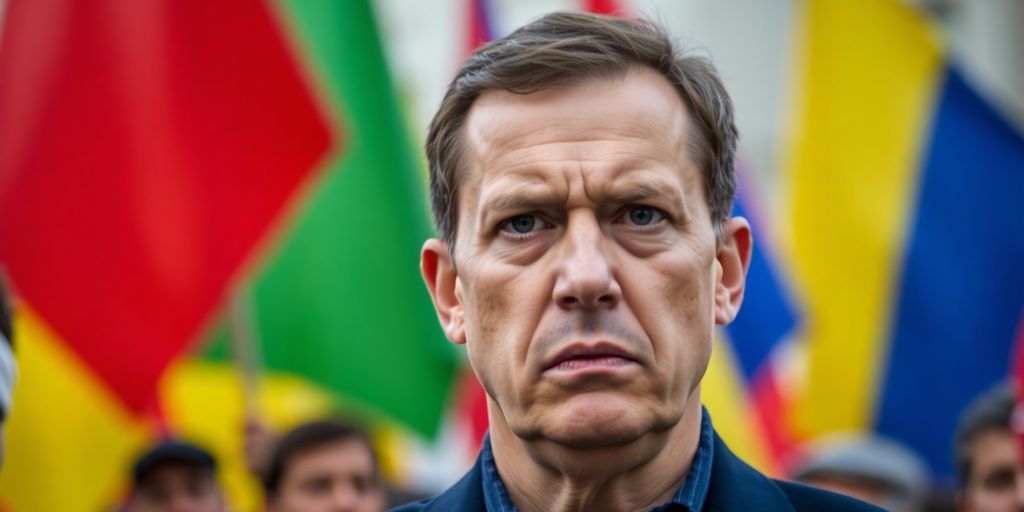Former Romanian Prime Minister Victor Ponta, now a presidential candidate, has ignited a political firestorm after revealing that he allowed the flooding of several Romanian villages in 2014 to prevent flooding in Belgrade, Serbia. His admission has drawn sharp criticism from political rivals and the public alike, raising questions about his leadership and priorities.
Key Takeaways
- Victor Ponta admitted to flooding Romanian villages to protect Belgrade during his tenure as Prime Minister.
- His comments have led to backlash from political opponents and calls for his resignation.
- Ponta claims the decision saved lives in Serbia, but critics argue it endangered Romanian citizens.
The Admission That Shocked Romania
In a recent podcast, Ponta stated that as Prime Minister, he made the difficult decision to open the Iron Gates dam, which resulted in flooding several villages in Romania. He justified his actions by claiming that it was necessary to save lives in Serbia, stating, "No Romanian in Romania was in danger, no household was seriously affected – but we saved hundreds, maybe thousands of lives in Serbia."
This controversial statement has not only put Ponta in the crosshairs of public opinion but has also provided ammunition to his political rivals. His admission has been perceived as a betrayal by many Romanians, particularly those living in the affected areas.
Political Fallout
The backlash has been swift and severe. Key political figures have publicly condemned Ponta’s actions:
- Marcel Ciolacu, the current Prime Minister, urged Ponta to withdraw from the presidential race, stating that such decisions should never be made in secret.
- Nicuşor Dan, the Mayor of Bucharest and fellow presidential candidate, has called for transparency regarding the decisions made during the 2014 floods, demanding the declassification of relevant documents.
- Crin Antonescu, representing the ruling coalition, criticized Ponta for prioritizing foreign interests over the safety of Romanian citizens, labeling his actions as a significant betrayal.
Legal Implications
In addition to political repercussions, Ponta may face legal challenges. The leader of the DREPT party, Vlad Gheorghe, announced plans to file a criminal complaint against Ponta for high treason, arguing that his actions endangered the sovereignty of Romania.
Public Reaction
Public sentiment has turned against Ponta, with many expressing outrage on social media platforms. Surveys indicate that his support among nationalist voters is dwindling, potentially benefiting his far-right rival, George Simion, who is currently leading in the polls.
Conclusion
Victor Ponta’s admission has not only jeopardized his presidential campaign but has also reignited discussions about national sovereignty and the responsibilities of leaders during crises. As the May elections approach, the fallout from this revelation will likely continue to shape the political landscape in Romania, with Ponta’s future hanging in the balance. The incident serves as a stark reminder of the complexities and moral dilemmas faced by leaders in times of crisis, and the potential consequences of their decisions on public trust and safety.
Sources
- Romanian presidential hopeful faces fury after admitting role in flooding villages – POLITICO, POLITICO.eu.
- Presidential candidate and ex-PM Victor Ponta faces backlash after claiming he flooded Romanian villages to
save Belgrade in 2014, Romania Insider. - The Drought-Stricken Romanian Villages Hung Out to Dry, Balkan Insight.






